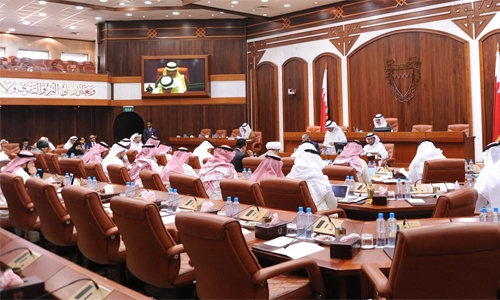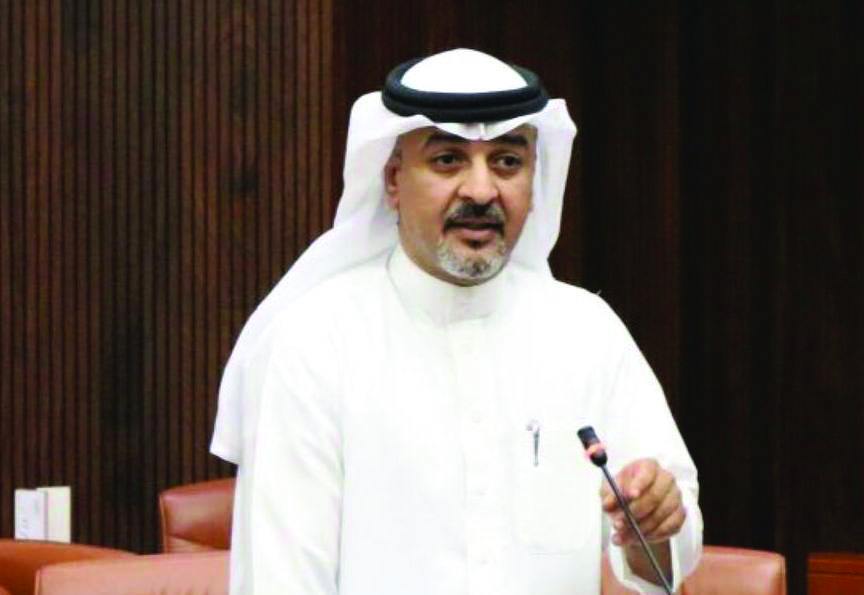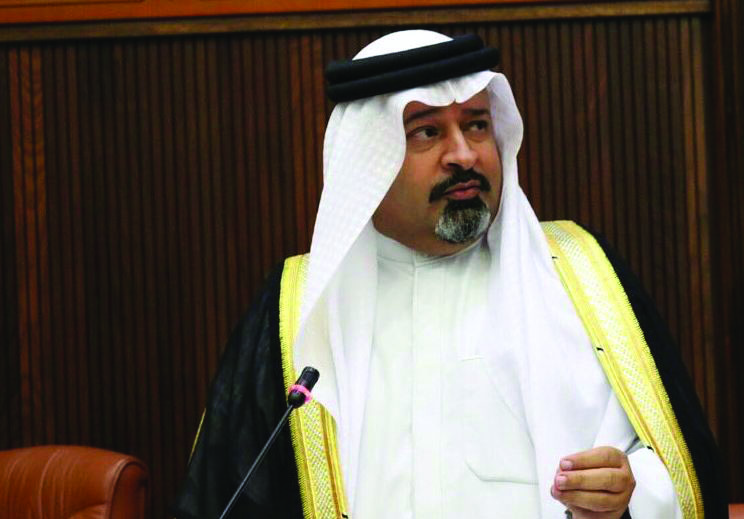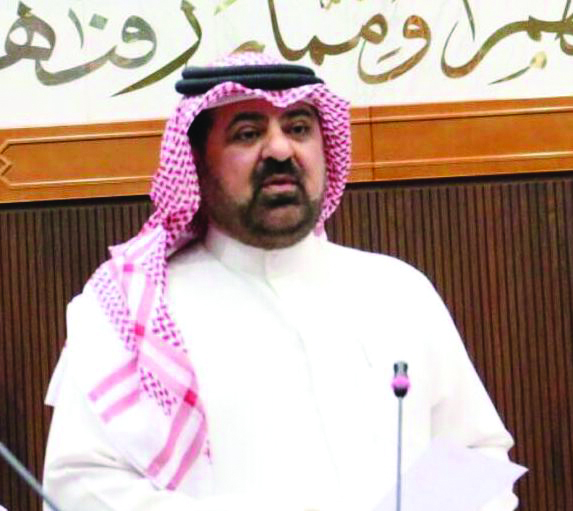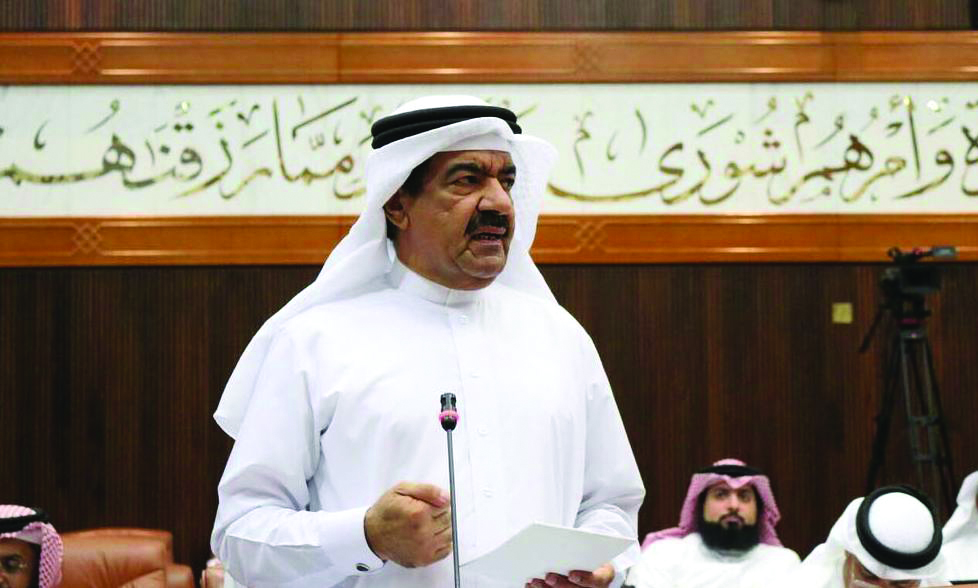Bahrain MPs pass bill to impose taxes on soft drinks, tobacco
Manama : The government is expected to garner a revenue of around BD58 million in the first year after the imposition of taxes on energy drinks and tobacco products, a senior state official told the House of Representatives yesterday.
The House of Representatives discussed the report by the Financial and Economic Affairs Committee which had rejected the two bills imposing levies on the three products.
The majority of MPs voted for the bills and rejected the committee’s report after a marathon session of talks that lasted for more than four hours, in the presence of Government officials.
The bills called for joining the unified GCC Value Added Tax (VAT) agreement and the GCC’s unified agreement on selective taxation.
While many MPs, headed by Financial and Economic Affairs Committee Deputy Head Jalal Kadhim and member Mohammed Al Emmadi, conveyed their concerns over “loopholes” in the bills that “may give the jurisdiction to the government to impose more taxes in the future”, Shaikh Ahmed assured them that “the bills are only concerned about the three products”.
“The agreement includes around six products but the bill specifies only three of them. The bill which is required to be approved as a legislation by the council only includes the three mentioned products. Any amendment to the law from the ministerial committee will have to pass through the Legislative Authority in the form of a bill for approval. The Legislative Authority is required to pass the taxes only on these three products,” Shaikh Ahmed clarified.
The minister further explained that “the decision to impose additional taxes and fees is an undesired call”, describing the move as “a tough decision to avoid tougher issues”.
“You have passed the State Budget earlier and you acknowledge the current deficit. You’re the first who are required to diversify the revenues of the state. This is one of the means to diversify the sources of income and it was approved on the level of GCC countries as an effective method. It was implemented in two GCC states and we want to be the third one because we need this income. This will not become a burden on Bahraini families, but it will enhance the situations of the economy,” the minister added while speaking to MPs.
As reported earlier, Shaikh Ahmed had signed the unified GCC VAT agreement and the GCC’s unified agreement on selective taxation last February. The agreements were implemented in Saudi Arabia and the UAE earlier this year. Both bills are now referred to the second branch of the Legislative Authority, Shura Council, which will study it and is expected to announce its decision next Sunday.
If approved by the Shura Council, the bill will be returned to the government which is expected to implement it by 2018, as confirmed by Shaikh Ahmed in a previous statement.
During the discussion, Finance Minister Shaikh Ahmed bin Mohammed Al Khalifa said that “the taxes are expected to generate BD58 million in 2018”.
A presentation reviewed during the session showed that BD62 million and BD66 million are the expected income from imposing the taxes in 2020 and 2022, respectively.
The bills were urgently referred to the Legislative Authority (House of Representatives and Shura Council) for studying and approval by the Government in two weeks.
They stipulated imposing taxes on selected products that are harmful to health, including tobacco products (100 percent), carbonated drinks (50 pc) and energy drinks (100 pc).
Shaikh Ahmed commented that “the taxes will drive people away from harmful products such as tobacco and soft drinks, and at the same time they will benefit the revenues of the state”.
One of the opposing voices to the new taxes was MP Mohammed Al Maarifi, who demanded the government to “impose taxes on alcohol instead of tobacco and soft drinks as it’s more harmful to health”.
Al Maarifi said, “If the government is really concerned about the public’s health and is not simply imposing additional levies, they should consider putting a tax on alcohol products.”
“We have seen the government increase and impose all sorts of fees in the past few years and now we are discussing the first tax to be imposed in the history of Bahrain. May God help the people of Bahrain,” Al Maarifi added.
Another MP who rejected the proposal was Jalal Kadhim, who questioned, “The government kept the bills for eight months and they are now demanding us to discuss and approve it in less 14 days. If the agreement or the bill include some health related concerns about some products, these products should be banned and not taxed.”
Kadhim cited that “the taxation system in the GCC isn’t unified as mentioned in the information included in the agreement”, claiming that “what’s being sold in the UAE for Dhs4 (BD0.4) is sold in Saudi Arabia for SR12 (BD1.2)”.
Lowest Prices In GCC
Financial and Economic Committee Head Abdulrahman Buali had a different view from the opinion of committee members and supported the new taxes.
He noted that “even when the taxes are imposed, the prices of the three products in Bahrain will remain the lowest in the GCC”.
“The predicted average prices of the products would be BD2 for a pack of cigarettes, while it’s sold for BD2.2 and BD2.4 in the UAE and Saudi Arabia respectively. The prices in Bahrain are the lowest in comparison with the two other GCC states that recently imposed the taxes mentioned in the agreements,” Buali said.
He also compared the prices of the products here with the ones sold in international markets.
“As for soft drinks’ prices, we noticed that it will be sold for an average of BD0.225 in the three states, much less than the prices of the same products in other countries such as Australia, France and New Zealand,” he said.
Buali added that “the taxes on these products would born mainly by expats and tourists and not Bahraini citizens.”
Related Posts

